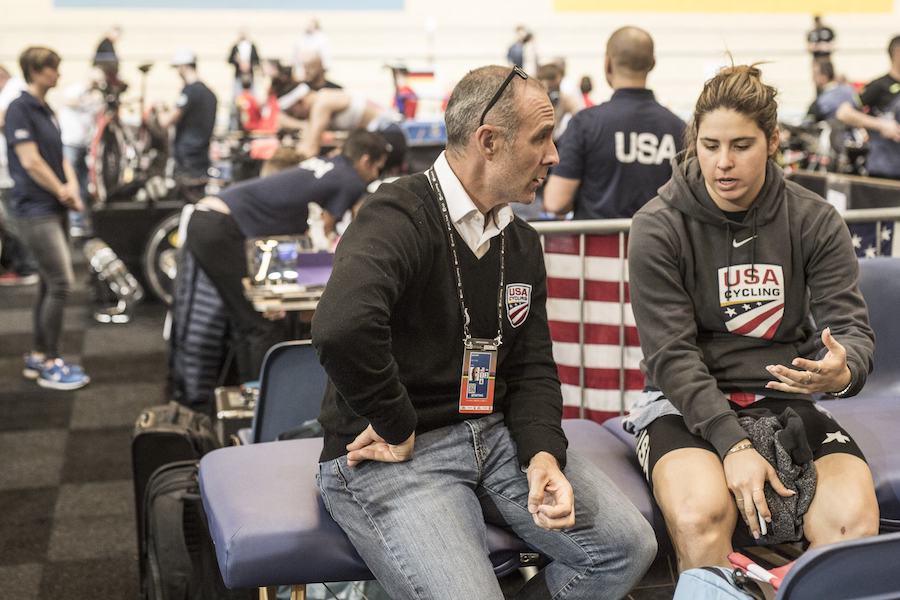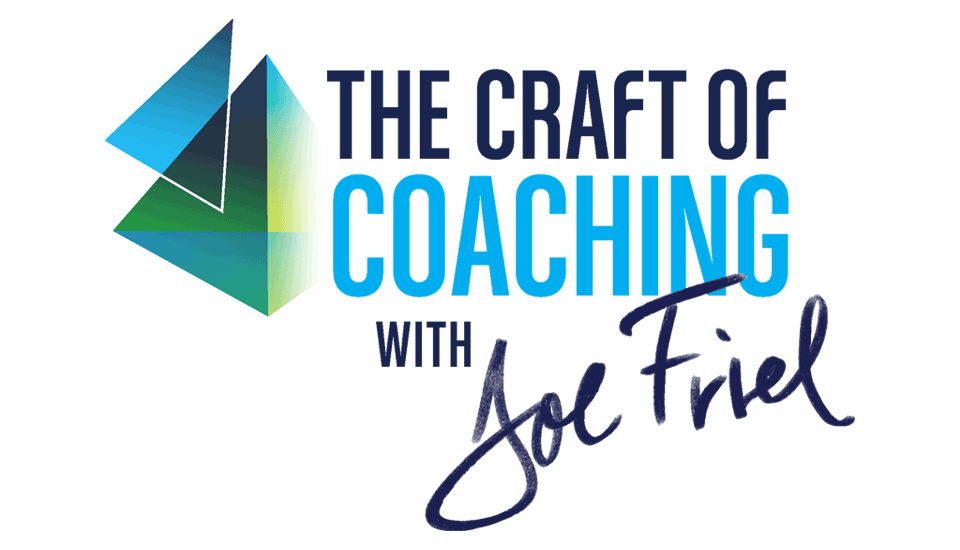As a coach, you are in a privileged position to have a great impact on your athlete’s development. Learn how to use this wisely.
As a coach, you are in a privileged position to have a great impact on your athlete’s development. Learn how to use this wisely.





